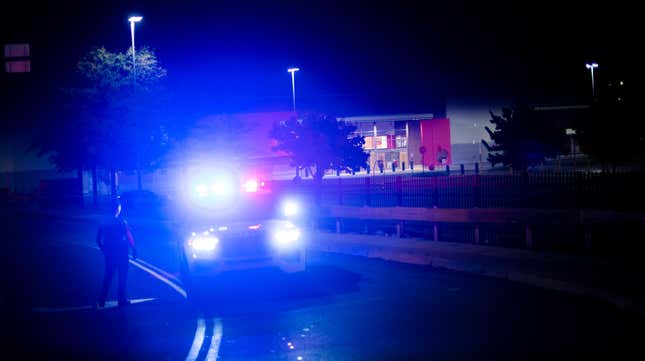
Driving while Black is a thing. It always has been. Whether you want to believe it or not, all the data is there. Now, at least one city may be on the verge of doing something about it. A recent column in USA Today details the efforts of one Philadelphia City Council Member to make a positive change.
In October of 2020, Councilman Isaiah Thomas introduced the Driving Equality Bill. After negotiating with various stakeholders including the police, the councilman has brought forth a new version of the legislation that, if passed, would limit traffic stops for secondary vehicle code violations:
The Driving Equality Agenda codifies “secondary vehicle code violations” as not having an imminent public safety risk (outdated registration or a broken taillight) and would no longer warrant a traffic stop. The legislation also codifies “primary vehicle code violations” as possessing imminent public safety risk (intoxicated driving or driving the wrong way down a one-way street) and a traffic stop would still be permissible. In addition to this legislation, a second piece of legislation would require a searchable database of traffic stops with regular reporting.
This isn’t to say that police wouldn’t be able to stop drivers period. Things that pose a public risk like drunk driving would still be a reason for them to pull a driver over.
Data from Philidelphia showed that the stops aren’t netting many criminal arrests either:
Is this nailing criminals? Not many. In a recent 12-month period, Philadelphia police found illegal drugs or guns in less than 1% of traffic stops. And Black drivers were 34% less likely than white drivers to be carrying anything illegal.
This in a city where Black drivers are four times more likely to get stopped in the first place.
Other jurisdictions are pursuing similar policies: the Berkley, CA City Council voted unanimously to end stops related to minor offenses, Virginia passed a law placing similar limitations on traffic stops, and after the tragic shooting of Daunte Wright in April, Brooklyn Center Minnesota moved to have civilians enforce traffic stops.
Police have been using routing traffic stops to harass Black drivers for years. The 1996 Supreme Court ruling on Whren V. United States gave cops even more of a reason to stop Black drivers as the court held that all that was needed was “reasonable cause” to believe a traffic violation had occurred to perform a stop and search the vehicle.
With mounting evidence that these stops do little for public safety, and in fact often put Black drivers at unnecessary risk, let’s hope other jurisdictions follow suit.